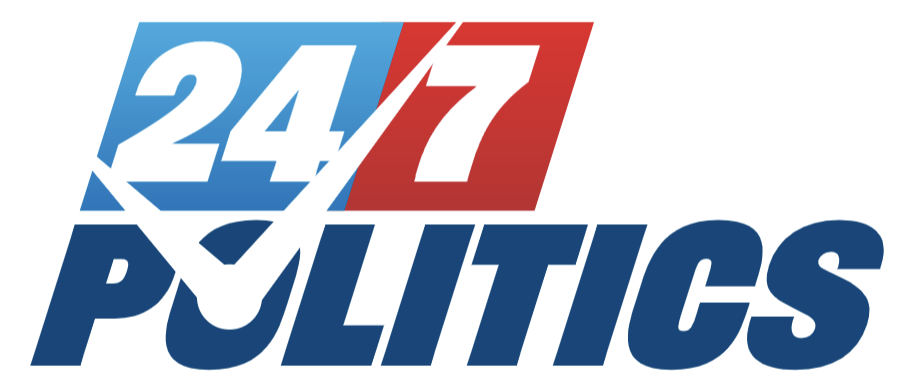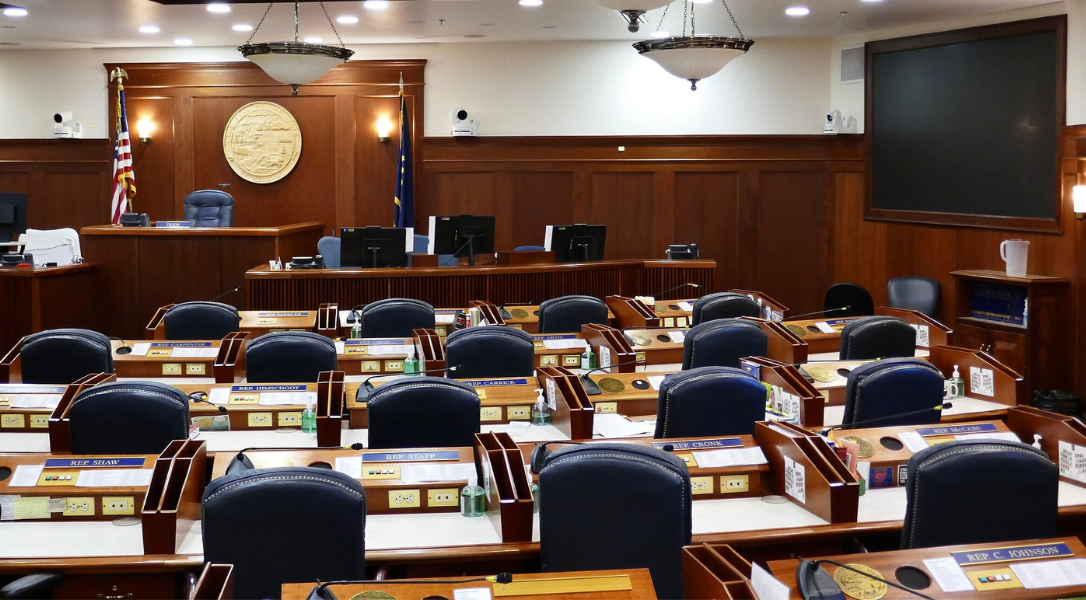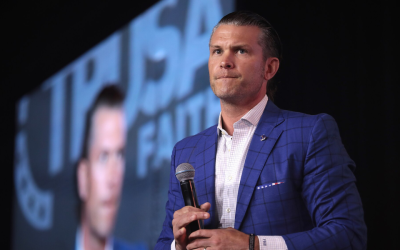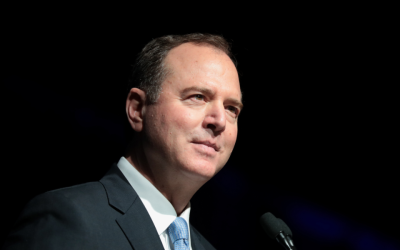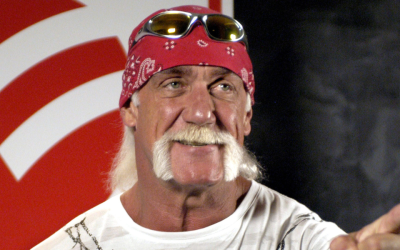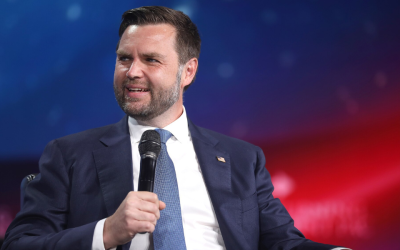Republicans will maintain control of the House of Representatives.
One pickup for the GOP happened in the far-north state of Alaska.
But while Republicans regained Alaska’s lone House seat, a big surprise looms on the horizon for conservatives in this Red State.
Republicans retake Alaska’s lone House seat
For decades, Alaska’s lone House seat was held by Republican Don Young.
Young was a big government RINO, as well as one of the most notoriously corrupt members of Congress.
Don Young was the king of pork projects, bringing home the federal dollars that appeased Alaska’s special interests, and kept him getting reelected time and again.
Eventually, father time caught up to Don, and his death left a vacancy for the first time in decades.
In 2022, Democrat Mary Peltola won the seat, in part thanks to ranked choice voting.
Republicans Sarah Palin and Nick Begich III both ran for the seat that year, but many of each candidate’s supporters didn’t rank the other Republican, allowing Peltola to capture the seat.
While Begich III is a Republican, it should be noted that, on the Begich side, his family is Democrat royalty in Alaska – his grandfather was Democrat former Alaska Congressman Nick Begich Sr, and one uncle, Tom Begich, served as the Democrat Leader of the Alaska Senate, and another uncle is Democrat former Alaska U.S. Senator Mark Begich.
Nevertheless, as a Republican, Begich III relegated Peltola to one-term, defeating her in this November’s election.
Unfortunately, a ballot initiative to repeal ranked choice voting was narrowly defeated, meaning the future for conservatives in Alaska isn’t looking good.
Ranked choice voting remains
The measure to repeal ranked choice voting failed by just under 700 votes, leaving the convoluted system that favors the Left in place.
Under Alaska’s system, all candidates regardless of party affiliation face off in an open primary, with the top four advancing to the general election.
Voters then rank the candidates, and if a candidate doesn’t receive over 50% of the vote, the last place candidate is eliminated and their second place votes are allocated to the remaining candidates until someone reaches the 50% mark.
Big outside money went to keep the ranked-choice system in place.
The “No on measure 2” campaign outspent the “Yes” side by a 100 to 1 margin, raising $14 million, much of it from out-of-state special interests.
“I would say half of Alaskan voters were influenced, at least in part, and maybe in large part, by big money from outside the state,” former Lt. Governor Loren Leman, a supporter of repeal, stated. “And ours was a grassroots, homebody campaign.”
Phil Izon said he plans to submit a request for a recount, though he isn’t optimistic that the result will change.
He does however think they may be able to repeal ranked choice voting and open primaries in the future.
“Against all odds and with just a fraction of the resources, we stood toe-to-toe with the giants [who] out-funded us 100-to-one and came within a whisper of victory,” he told Alaska Public Media by phone. “With renewed energy and a belief in our cause, we can turn that razor-thin loss into a decisive win.”
Leaving the system in place nearly assures that RINO Senator Lisa Murkowski (RINO-AK) will survive her next reelection, as she won’t have to run in a closed Republican primary.
It would also insulate RINOs in the state legislature.
The Left has also tried to institute voting systems that mirror Alaska in other Red States, including a failed attempt in Montana this year.
Conservatives should know that ranked choice voting is simply a scheme to give the Left an advantage, and reject these proposals whenever they come up.
